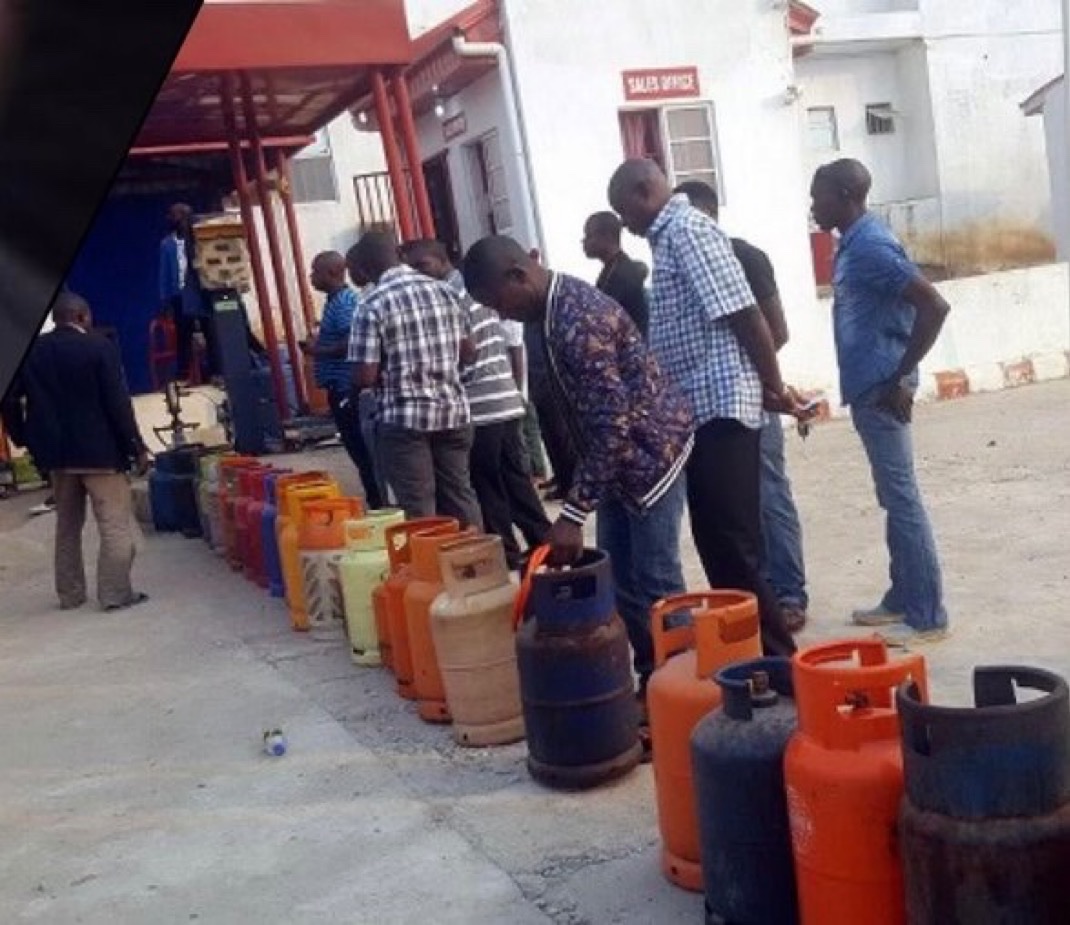Nigeria’s public healthcare system teeters on the brink as the Nigerian Association of Resident Doctors (NARD) enters the 15th day of its indefinite nationwide strike, demanding that the Federal Government finally conclude the long-delayed Collective Bargaining Agreement (CBA). Since the strike began on November 1, 2025, services in federal and state hospitals have been severely disrupted, with emergency rooms, intensive care units, and specialized treatment centers operating at skeletal capacity.
The doctors’ strike is not merely a protest over unpaid salaries; it is a broader plea for structural reform. NARD insists that only the full implementation of the CBA, a framework meant to govern salary structures, allowances, career progression, and working conditions, can address decades of systemic neglect. According to the association, the federal government owes resident doctors approximately ₦38 billion in arrears, some spanning up to ten years, a situation that has fueled deep resentment and fatigue among the nation’s frontline medical personnel.
For patients like Mrs. Hauwa Ibrahim, who visited a public hospital in Abuja seeking treatment for her elderly mother, the strike has been devastating. “We were turned away because there was no doctor available. We had to pay double at a private hospital we could barely afford. This is frightening,” she said, reflecting the growing anxiety of citizens who rely on public healthcare. Hospitals are struggling to maintain even basic services, and minor emergencies are now turning into potentially life-threatening situations for ordinary Nigerians.
Dr. Muhammad Suleiman, NARD President, described the strike as a fight for professional dignity and systemic justice, stating, “This strike is not about money alone; it is about dignity, safety, and survival. Our struggle transcends immediate financial claims — it is about ensuring a system that respects and protects doctors and patients alike.” Resident doctors have emphasized that partial payments or verbal government assurances will not suffice; they demand binding and verifiable reforms through the concluded CBA.
The strike has spotlighted several structural concerns within Nigeria’s healthcare system. Hospitals are operating with skeleton staff, and many departments face total shutdowns due to the absence of resident doctors, who are essential for surgical procedures, specialized care, and emergency interventions. Patients are being forced into private hospitals at great personal cost, while some are deferring treatment altogether, raising fears of worsening health outcomes.
Beyond immediate disruptions, the strike underscores a long-term threat to the healthcare system. Years of delayed payments, lack of incentives, and poor working conditions have contributed to the emigration of highly skilled doctors, compounding Nigeria’s already critical medical staffing shortages. Analysts warn that without a meaningful resolution, more medical professionals may leave the country, further weakening the nation’s healthcare capacity.
The heart of NARD’s demand lies in ensuring full implementation of the CBA, which encompasses fair pay, timely specialist allowances, regulated working hours, transparent promotions, and structural reforms to improve hospital management autonomy. The association has framed the strike as an insistence on systemic accountability, warning that any return to work without these guarantees would only perpetuate the cycle of unrest.
As the strike continues into its third week, critical questions hang over the nation: Will the Federal Government act decisively to finalize the CBA and meet resident doctors’ demands? How long can hospitals sustain operations under such constraints? And what will be the long-term consequences for patient care, public confidence, and Nigeria’s healthcare workforce if negotiations stall further?
For citizens like Mrs. Ibrahim, the stakes are personal and immediate. For the nation, the strike represents a defining moment in the struggle to reconcile medical professionals’ welfare with the urgent health needs of millions. The coming days will determine whether dialogue, commitment, and action can restore public healthcare services, or whether Nigeria will face a deepening crisis in its medical sector.



